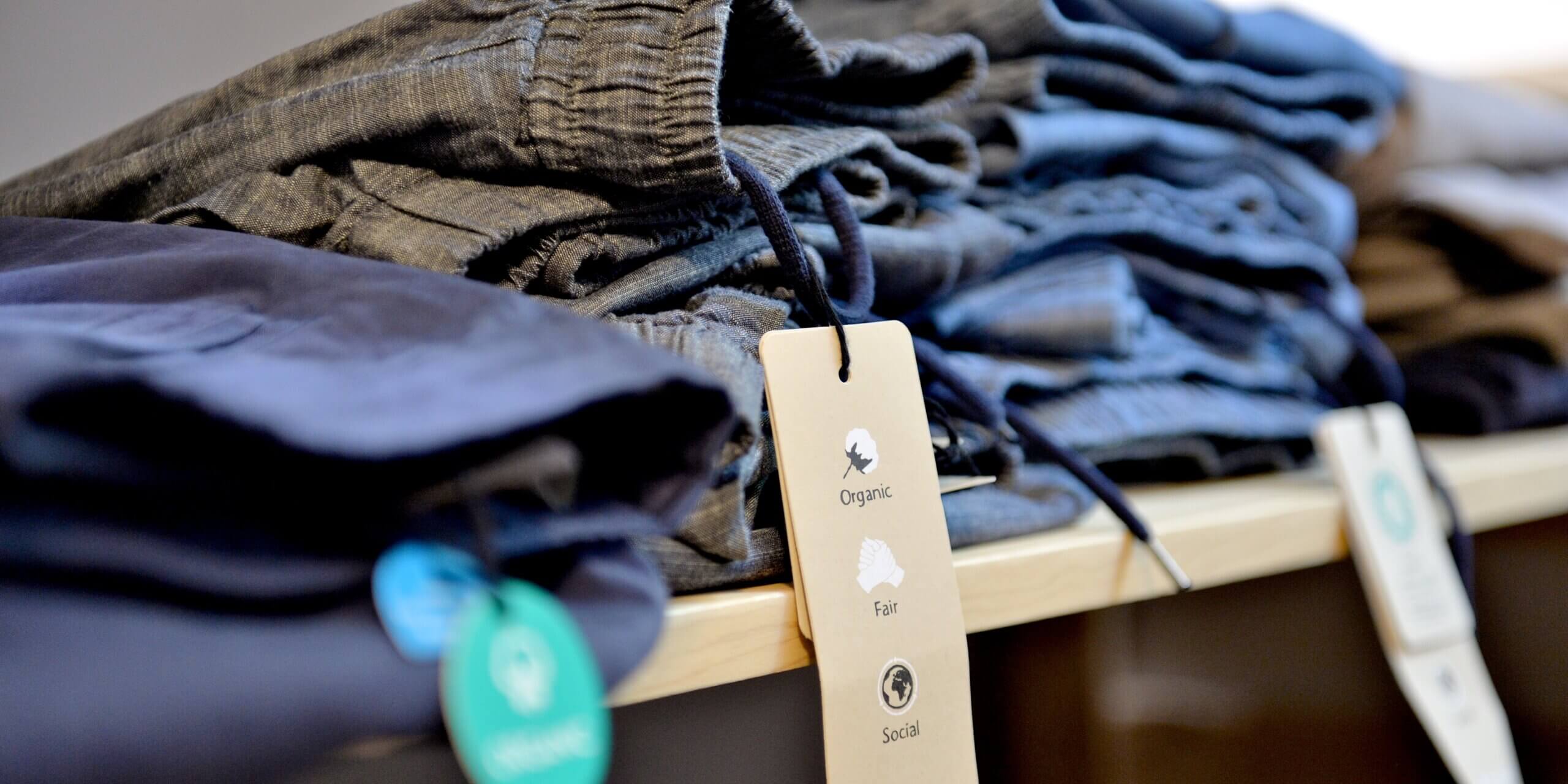Would you like to live more sustainably? The Sustainable Shopping Basket from RENN.süd gives you lifestyle tips, connects you with like-minded people and shows you what goes where – with plans to expand services with partner input.

Photo: © Christof Rieken
Sustainable consumption – what exactly is it and, above all, where is it possible? You’ll find answers to both these questions in the Sustainable Shopping Basket, which RENN.süd took over from the German Council for Sustainable Development two years ago. The project has been around since 2003, now as a website and on Twitter and Facebook, providing updates on sustainable consumption. Binta Bah works for RENN.süd in the team that manages the Shopping Basket.
Last year, she explains, they decided to organise their content on a regional basis: the “Map of tomorrow” on the Sustainable Shopping Basket website shows where in Germany you can find repair cafés, wholefood, farm or zero-waste shops, fair fashion shops or cargo bike share schemes. It also shows climate or educational initiatives and organisations that produce sustainable shopping guides for entire regions. The map contains hundreds of entries – a Google Maps of sustainability, if you will.
It’s important, Bah reminds us, that “sustainable consumption can also mean not consuming at all”. In that sense, the Sustainable Shopping Basket is not just a shopping guide, it’s a guide to living right. It shows, adds Bah, what good consumer behaviour is: “It includes upcycling, sufficiency, asking ourselves whether we really need things”. The Shopping Basket also aims to inspire people to value food, use things for as long as possible or take them to a repair café rather than buy a new device – even one with an eco-label. “We also want to encourage people to get active, say, with food sharing or city walks for an alternative lifestyle”, says Bah.
Travel tips too
But you won’t find specific product tips in the Basket. There are other portals for that, says Bah. The Sustainable Shopping Basket is an information portal that offers guidance on environmentally aware and socially-minded consumption. “With a low-threshold service, we also want to reach people who are new to the subject”, explains Bah. So you’ll also find tips around sustainable travel, what eco-labels to look out for when shopping for household appliances, food, fashion or cosmetics, or how to live and build sustainably. Readers can suggest topics on Facebook for the “Question of the Month”, which the team will then look into, such as: can I still use natural cosmetics after their use-by date?
The RENN network (Regional Hubs for Sustainability Strategies) aims to connect the movers and shakers of sustainable living in Germany – a concept which is reflected in the Sustainable Shopping Basket, with individual initiatives like “Delta 21” in the Rhine-Neckar region, the “Lifeguide” in Augsburg and the “Regional Guide” (“Regionallotse” in German) in Nuremberg presented there. The RENN.süd team would like to expand the Sustainable Shopping Basket further, with collaborations with other portals, its own Instagram channel, and by working with influencers who promote sustainability.
And of course, the Sustainable Shopping Basket will keep motivating people for their own lifestyles: we have lots of consumer routines in our everyday lives, says Bah, that we should keep on questioning. “Buying things in plastic packaging is convenient, but if you keep in mind the problems this causes, you change your buying habits”, Bah explains. Where you can do this is revealed by the Map of tomorrow: just search for “unpackaged” and you’ll see all the different places you can shop without waste.